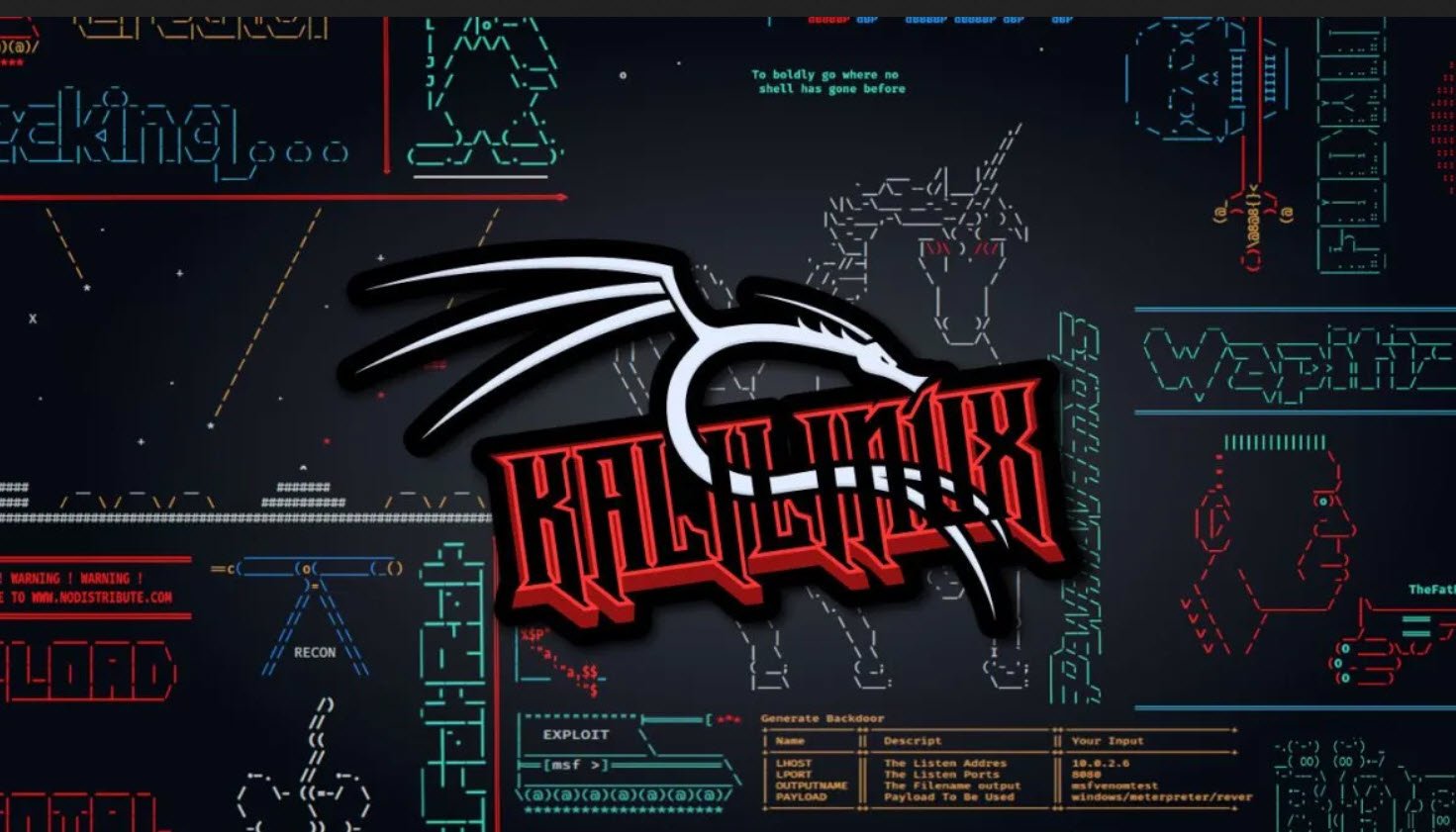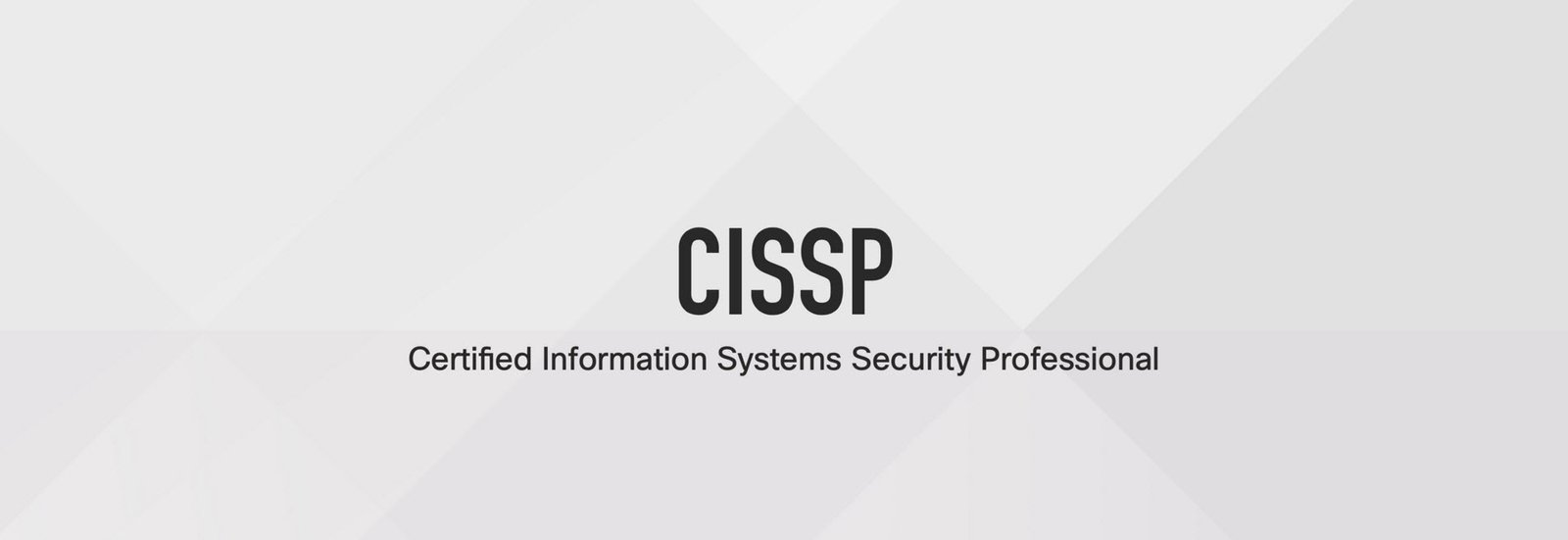
In the ever-evolving landscape of cybersecurity, penetration testing plays a crucial role in ensuring the resilience of digital systems. Penetration testing, commonly referred to as ethical hacking, involves simulating real-world attacks on a system to identify vulnerabilities and weaknesses before malicious hackers can exploit them.
Aspiring penetration testers and cybersecurity professionals need to keep themselves up-to-date with the latest techniques, tools, and methodologies. To aid in this pursuit, numerous books have been published on the subject.
In this article, we will explore some of the most influential and informative penetration testing books that have shaped the industry.
- The Art of Exploitation by Jon Erickson, 2008
- Metasploit: The Penetration Tester’s Guide by David Kennedy et al., 2011
- Penetration Testing: A Hands-On Introduction to Hacking by Georgia Weidman, 2014
- Rtfm: Red Team Field Manual by Ben Clark, 2014
- The Hacker Playbook by Peter Kim, 2014
- The Basics of Hacking and Penetration Testing by Patrick Engebretson, 2013
- Professional Penetration Testing by Thomas Wilhelm, 2013
- Advanced Penetration Testing for Highly-Secured Environments by Lee Allen, 2012
- Violent Python by TJ O’Connor, 2012
- Fuzzing: Brute Force Vulnerability Discovery by Michael Sutton et al., 2007
- Black Hat Python: Python Programming for Hackers and Pentesters by Justin Seitz, 2014
- Penetration Testing: Procedures & Methodologies by EC-Council, 2010
- Unauthorised Access: Physical Penetration Testing For IT Security Teams by Wil Allsopp, 2010
- Advanced Persistent Threat Hacking: The Art and Science of Hacking Any Organization by Tyler Wrightson, 2014
- Bug Hunter’s Diary by Tobias Klein, 2011
- Advanced Penetration Testing by Wil Allsopp, 2017
1. The Art of Exploitation by Jon Erickson, 2008
This classic book is considered a must-read for anyone interested in learning the art of hacking and penetration testing. Jon Erickson delves into the fundamentals of programming, network protocols, and assembly language to help readers grasp the underlying principles of various exploits. With practical examples and hands-on exercises, the book provides a comprehensive understanding of how hacking techniques work.
2. Metasploit: The Penetration Tester’s Guide by David Kennedy et al., 2011
Metasploit is a powerful open-source penetration testing framework, and this book is an essential guide to mastering its functionalities. David Kennedy and his co-authors offer step-by-step tutorials on using Metasploit for exploiting vulnerabilities, post-exploitation techniques, and creating custom payloads. The book enables readers to harness the full potential of Metasploit in conducting successful penetration tests.
3. Penetration Testing: A Hands-On Introduction to Hacking by Georgia Weidman, 2014
Geared towards beginners, this book is an excellent starting point for aspiring penetration testers. Georgia Weidman introduces readers to the essentials of penetration testing through practical examples and hands-on exercises. The book covers various tools, techniques, and methodologies, making it a valuable resource for those new to the field.
4. Rtfm: Red Team Field Manual by Ben Clark, 2014
The Red Team Field Manual is a concise, quick-reference guide for penetration testers and red teamers. It provides a collection of essential commands, syntax, and tips for various tools commonly used in penetration testing. This book is ideal for practitioners who need rapid access to crucial information during engagements.
5. The Hacker Playbook by Peter Kim, 2014
In The Hacker Playbook, Peter Kim outlines a series of practical scenarios and methodologies that mirror real-world attacks. The book covers topics like social engineering, exploitation techniques, and post-exploitation tactics. It also includes valuable insights into building a successful penetration testing career and working effectively as part of a team.
6. The Basics of Hacking and Penetration Testing by Patrick Engebretson, 2013
Another excellent entry-level book, The Basics of Hacking and Penetration Testing, provides a well-structured introduction to the world of ethical hacking. Patrick Engebretson covers the fundamentals of information security, networking, and tools commonly used in penetration testing. The book’s hands-on labs and exercises ensure that readers grasp the concepts effectively.
7. Professional Penetration Testing by Thomas Wilhelm, 2013
Thomas Wilhelm’s book is tailored for professional penetration testers looking to enhance their skills and knowledge. It covers advanced topics such as Python scripting, web application testing, wireless network exploitation, and social engineering. With real-world case studies and practical guidance, the book equips readers with valuable insights for real-world engagements.
8. Advanced Penetration Testing for Highly-Secured Environments by Lee Allen, 2012
This book is targeted at experienced penetration testers and security professionals who need to tackle complex and highly-secured systems. Lee Allen explores advanced techniques, including pivoting, privilege escalation, and evading detection. The book challenges readers to think creatively and adapt their strategies in challenging environments.
9. Violent Python by TJ O’Connor, 2012
Python has become a popular language for penetration testers due to its versatility and ease of use. In Violent Python, TJ O’Connor demonstrates how to use Python for various hacking tasks, including network scanning, exploitation, and post-exploitation. The book is a valuable resource for those interested in leveraging Python for penetration testing purposes.
10. Fuzzing: Brute Force Vulnerability Discovery by Michael Sutton et al., 2007
Fuzzing is a powerful technique used to discover software vulnerabilities by sending random or malformed data to target applications. Michael Sutton and his co-authors provide an in-depth exploration of fuzzing techniques and methodologies. The book is a valuable resource for security researchers and penetration testers aiming to uncover critical vulnerabilities.
11. Black Hat Python: Python Programming for Hackers and Pentesters by Justin Seitz, 2014
This book focuses on applying Python to security-related tasks. Justin Seitz covers topics like network scanning, packet manipulation, web scraping, and creating covert channels. It is a practical guide for penetration testers seeking to automate tasks and build custom tools using Python.
12. Penetration Testing: Procedures & Methodologies by EC-Council, 2010
As the official textbook of the EC-Council’s Certified Ethical Hacker (CEH) program, this book offers a structured approach to penetration testing. It covers the five stages of penetration testing: reconnaissance, scanning, gaining access, maintaining access, and covering tracks. The book aligns with industry standards and provides a solid foundation for aspiring ethical hackers.
13. Unauthorised Access: Physical Penetration Testing For IT Security Teams by Wil Allsopp, 2010
Physical security is an integral part of overall cybersecurity, and this book delves into the techniques used for physical penetration testing. Wil Allsopp covers topics like lock picking, bypassing access controls, and manipulating security systems. The book is valuable for security professionals tasked with assessing both digital and physical security measures.
14. Advanced Persistent Threat Hacking: The Art and Science of Hacking Any Organization by Tyler Wrightson, 2014
Advanced Persistent Threat (APT) hacking refers to sophisticated and prolonged cyber-attacks that target organizations for sensitive data or intellectual property theft. Tyler Wrightson’s book sheds light on APT techniques, tactics, and procedures. It is a comprehensive resource for professionals aiming to defend against or simulate APT-style attacks.
15. Bug Hunter’s Diary by Tobias Klein, 2011
Bug hunters and security researchers play a vital role in identifying and responsibly disclosing vulnerabilities in software. Tobias Klein’s Bug Hunter’s Diary provides real-world accounts of discovering and exploiting security flaws. The book is not just a technical guide but also an entertaining read about the experiences of a bug hunter.
Conclusion
The world of penetration testing is vast and ever-changing, and the books listed above represent some of the best resources for aspiring and experienced professionals alike. From introductory guides to advanced techniques, these books cover a wide range of topics essential for mastering the art of ethical hacking.
As technology continues to evolve, penetration testers must stay informed about the latest tools and methodologies to effectively secure digital systems and protect against potential cyber threats. Whether you are a beginner or an experienced professional, these books can serve as invaluable companions in your journey through the fascinating realm of penetration testing.
You may also like:- Top 10 Highly Recommended Books for Bug Hunting
- Top 14 Best Kali Linux PDF Books – Free Download
- The Ultimate List: 100+ Cybersecurity Books To Read Before You Die (Free PDF Download)
- 17 Best Cryptography Books – Free Download (PDF)
- Top 25 Neural Networks Books to Read in 2024 – Free Download
- Best CISSP Books To Read To Crack The Exam – Free Download (PDF)
- Top 30 Artificial Intelligence (AI) Books – Free Download
- Top 12 Data Science Books – Free Download
- 8 Must-Read Machine Learning Books
- 6 Free eBooks to Learn Web Development








